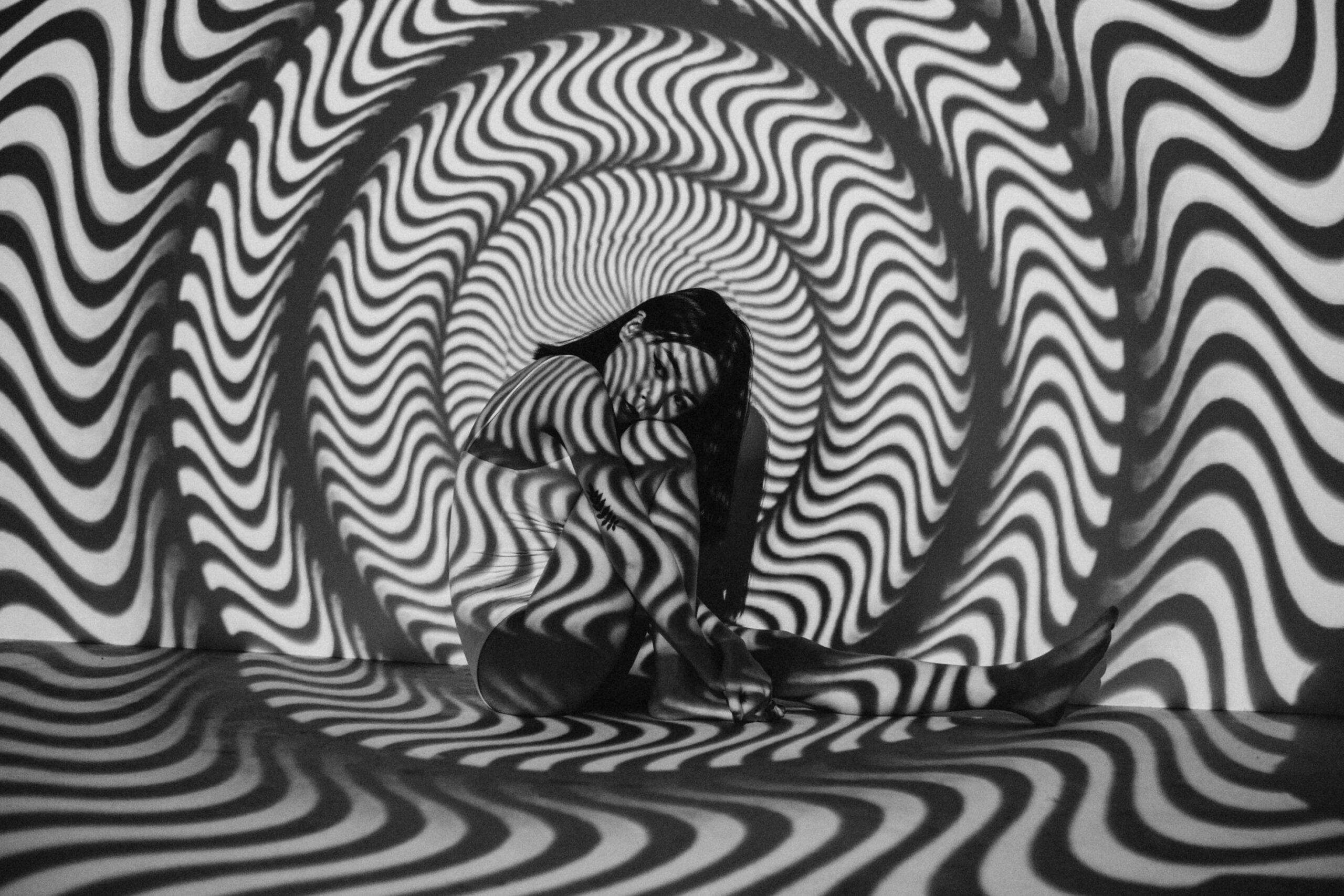Introduction
Lately I’ve been reflecting on how altered states of consciousness, when handled with care, can open doors inside us. Psilocybin mushrooms, sometimes called “magic mushrooms,” are one such doorway: powerful, mysterious, and controversial. In exploring them, I’ve wrestled with hope, fear, and the boundaries of what’s safe and wise.
Psilocybin mushrooms contain the psychedelic compound psilocybin, which in controlled settings may reduce symptoms of depression and anxiety, enhance emotional insight, and increase neural plasticity, but they can also trigger bad trips, psychological distress, or legal consequences in unsupervised use.
What Are Psilocybin Mushrooms?
Psilocybin mushrooms are fungi containing psychoactive compounds, primarily psilocybin and psilocin, that alter perception, mood, and consciousness. When ingested, psilocybin converts in the body to psilocin, which acts on serotonin (especially 5‑HT2A) receptors in the brain, leading to perceptual shifts, emotional intensification, and changes in how brain networks communicate.
Recent research shows psilocybin causes a strong “desynchronization” of functional connectivity across cortical and subcortical regions, offering a neurobiological clue to the deeply altered subjective state (Nature, 2024).
Therapeutic Promise: What Research Shows
Depression, Anxiety & End-of-Life Distress
Clinical trials suggest that, in supported settings, psilocybin may produce rapid and durable reductions in depressive and anxious symptoms (Johns Hopkins). In people with advanced cancer or terminal illness, psilocybin-assisted psychotherapy has been shown to alleviate existential distress, depression, and anxiety with effects lasting months.
A meta‑analysis concluded that psilocybin therapy had significant benefits over placebo in improving mood in cancer‑related distress (Arxiv, 2019).
Addiction, OCD, and Other Applications
Preliminary evidence hints at benefits for treating addiction (e.g. alcohol use disorder) and obsessive-compulsive disorder, though larger studies are needed. Early-stage trials from the Multidisciplinary Association for Psychedelic Studies (MAPS) and others are exploring psilocybin’s potential in trauma recovery and emotional regulation.
The Risks and Realities
Like any powerful tool, psilocybin carries risks. “Set and setting”, your mindset and environment, can determine whether an experience feels healing or destabilizing. Adverse effects include panic, confusion, and the resurfacing of traumatic memories. For some, these experiences can be overwhelming or harmful if not properly supported.
Brené Brown once said, “Vulnerability is not winning or losing; it’s having the courage to show up and be seen.” Psychedelics can force that kind of raw visibility, but courage must be met with care, not recklessness.
Integration: Healing Through Understanding
Even when an experience is profound, integration, making sense of it and applying it to daily life, is what turns a moment of insight into lasting growth. Journaling, therapy, and mindfulness are invaluable here. See our guide on Healing Through Self Development for emotional grounding practices that support safe integration.
Legal and Ethical Considerations
Psilocybin remains a controlled substance in many countries. Some U.S. cities and states have decriminalized or legalized its medical use, but laws vary widely. Always verify your local regulations before considering any use. See the APA’s review for a professional overview of current policy and research.
Final Thoughts
I’ve learned that the real journey isn’t the trip itself, it’s what comes after. Psilocybin mushrooms may invite us to see beyond our usual patterns, but the real transformation happens in how we return to ordinary life with new awareness. Healing is never a shortcut. It’s a slow remembering of who we already are beneath the noise.
Disclaimer: This content is for educational purposes only and is not medical advice.



